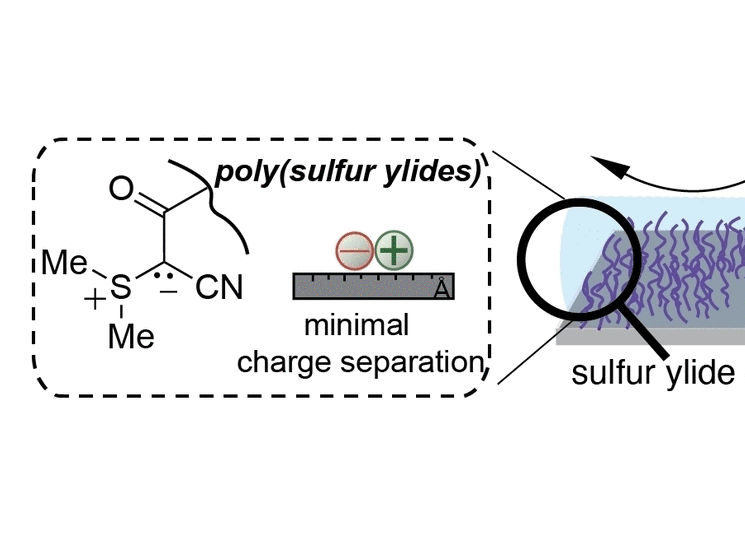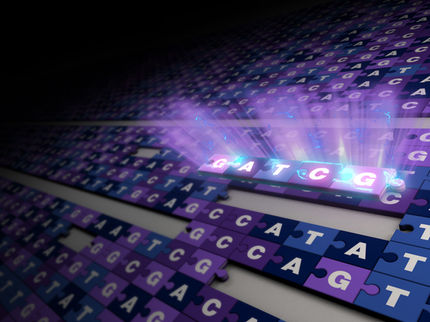Potato Genome Sequence Released by International Group of Scientists
The Potato genome sequencing Consortium (PGSC), an international group of scientists has announced that it has released the first draft sequence of the potato genome. The PGSC started work on the project three years ago. The resulting 'blueprint' of how the potato works could revolutionize breeding programmes.
Potato, a key member of the Solanaceae family, is a close relative of tomato, pepper, and eggplant. It is the world's third most important crop and the most important vegetable crop. Access to the potato genome sequence, the "genetic blueprint" of how a potato grows and reproduces, is anticipated to assist potato scientists in improving yield, quality, nutritional value and disease resistance of potato varieties. More importantly, the potato genome sequence will permit potato breeders to reduce the 10-12 years currently needed to breed new varieties.
The PGSC was initiated in January 2006 by the Plant Breeding Department of Wageningen University & Research Centre in the Netherlands and has developed into a global consortium of research groups from 14 countries.
The potato genome has 12 chromosomes and is estimated to be 840 million base pairs. At the onset of the project, the PGSC employed an approach in which the work was allocated to each member based on chromosomes and was focused on the diploid line RH89-039-16 (RH) of cultivated potato, Solanum tuberosum. However, in the past two years, Next Generation Sequencing (NGS) technologies developed significantly, leading to a change of approach within the PGSC and in 2008, sequencing of the doubled monoploid DM1-3 516R44 (DM) derived from a diploid landrace of Solanum tuberosum, was initiated as a complementary project to sequencing RH. In June 2009, PGSC members came together in Carlow, Ireland to plan the final phases of the project.
Currently, the PGSC is busy with finalising the sequence data for both RH and DM with an end goal of a high quality draft sequence of both of these potato lines by the end of 2009. Currently, genome coverage is greater than 70X using a combination of data generated by using three different sequencing platforms including two of the NGS Platforms. The assembly, which covers 95% of the genes in potato, was possible due to a newly developed genome assembly algorithm at the Beijing Genomics Institute a member of the PGSC from China, This first draft assembly is now available in the public domain and updates will be made over the next 6 months as additional data is generated including annotation of the genes, identification of the transcriptome, and analysis of genes critical to potato production.
Most read news
Topics
Organizations
Related link
Other news from the department science

Get the life science industry in your inbox
By submitting this form you agree that LUMITOS AG will send you the newsletter(s) selected above by email. Your data will not be passed on to third parties. Your data will be stored and processed in accordance with our data protection regulations. LUMITOS may contact you by email for the purpose of advertising or market and opinion surveys. You can revoke your consent at any time without giving reasons to LUMITOS AG, Ernst-Augustin-Str. 2, 12489 Berlin, Germany or by e-mail at revoke@lumitos.com with effect for the future. In addition, each email contains a link to unsubscribe from the corresponding newsletter.
Most read news
More news from our other portals
Last viewed contents

“Tug of war” between cells – When crucial connections are missing - Research team investigates the importance of “tight junctions” for cell movement

Repellant and Hostile to Bacteria - Zwitterionic polymeric sulfur ylides: antifouling coating with a synergistic effect
Lab on a chip developed at University of Alberta for cheap, portable medical tests
Category:Biological_systems
Bayer focuses resources on growth and innovation - Planned net reduction of about 2,000 jobs worldwide by the end of 2012
Murphy's_sign






















































